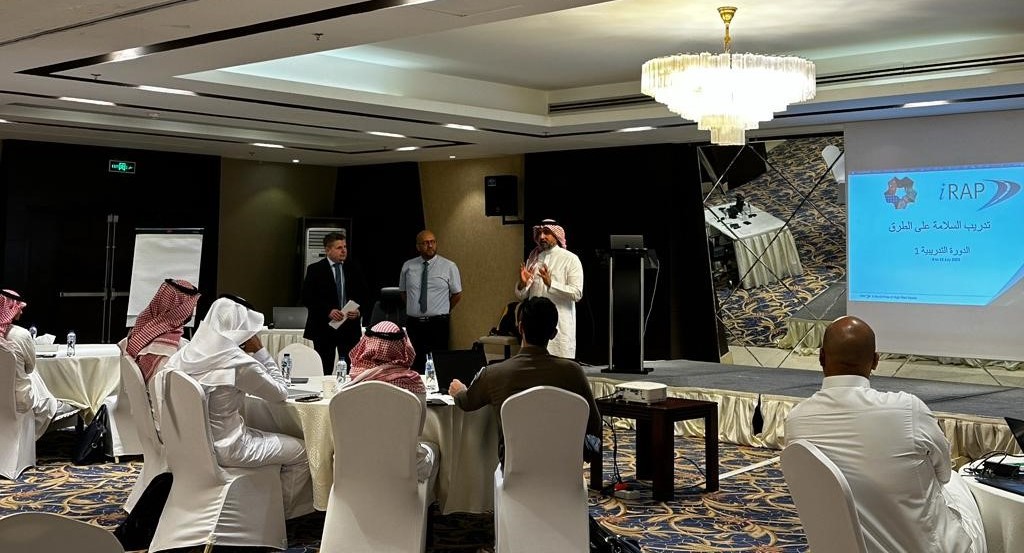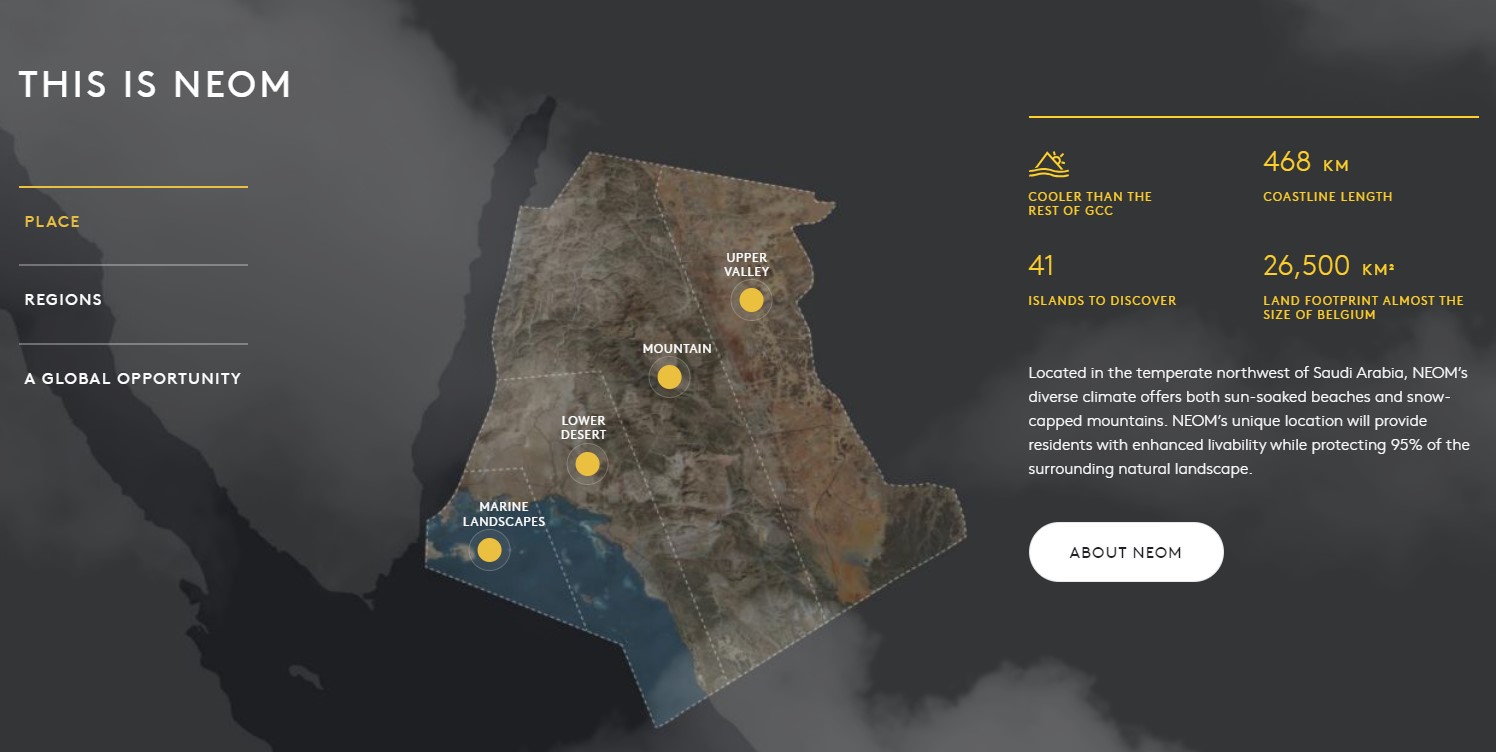iRAP training is underway in Saudi Arabia this week to build capacity for safe roads and paths in the revolutionary new smart city and surrounds of NEOM, under construction in the Tabuk Province in the north-west of the Kingdom.
NEOM is a USD$500 billion giga-project urban development initiative that launched in 2017 in the Kingdom. It will include a number of regions, including the linear ‘city of the future’ THE LINE, designed for nine million residents with a footprint of just 34km2. It will also include a centre for advanced and clean industries Oxagon, mountain destination Trojena and luxury island resort Sindalah. With a 26,500km2 land footprint (almost the size of Belgium), NEOM’s unique location will offer a diverse climate of both sun-soaked beaches and snow-capped mountains. Residents will be provided with enhanced livability while protecting 95% of the surrounding natural landscape which includes a 468km coastline and 41 islands to discover.
NEOM will incorporate smart city technologies and introduce a new model for urban sustainability. Built around people, not motor vehicles, and designed for convenience, safety and walkability, NEOM will adopt a pedestrian-first philosophy, with all amenities and services within a five-minute walk.
The city is already being built with the first destinations scheduled to come online next year. It is expected some one million people will be residents in NEOM by 2030, rising to nine million in 2045.
In preparation, NEOM’s road infrastructure management team and project partners will receive two week-long trainings in the principles of safe road design, road safety engineering practices and road safety assessments including the iRAP Star Ratings methodology.
Including both classroom training and site visits, Prof Ahmed Ksentini and Prof Marko Sevrovic will deliver the specialist training in English and Arabic and cover safe street design principles for pedestrians, bicyclists and public transport systems.
The interactive courses aim to foster collaboration, share best practices, and empower decision makers to make informed choices regarding road safety and design considerations for the new development.
In the first training this week, the agenda includes:
- Day 1: Introduction to iRAP, the Global Road Safety Challenge, Road Safety Engineering Principles, and Introduction to the Safe System Approach
- Day 2: Deep dive into the Star Rating Methodology, Safer Road Investment Plans, and Road Survey and supporting data
- Day 3: Site visits to inspect high-risk roads and develop Star Ratings, Risk Maps, and Safer Roads Investment Plans
- Day 4: Road attribute coding, interactive session with the iRAP Star Rating Demonstrator
- Day 5: Producing an iRAP Star Rating upload file and ViDA dataset setup, producing results in ViDA, and a wrap-up Q&A session
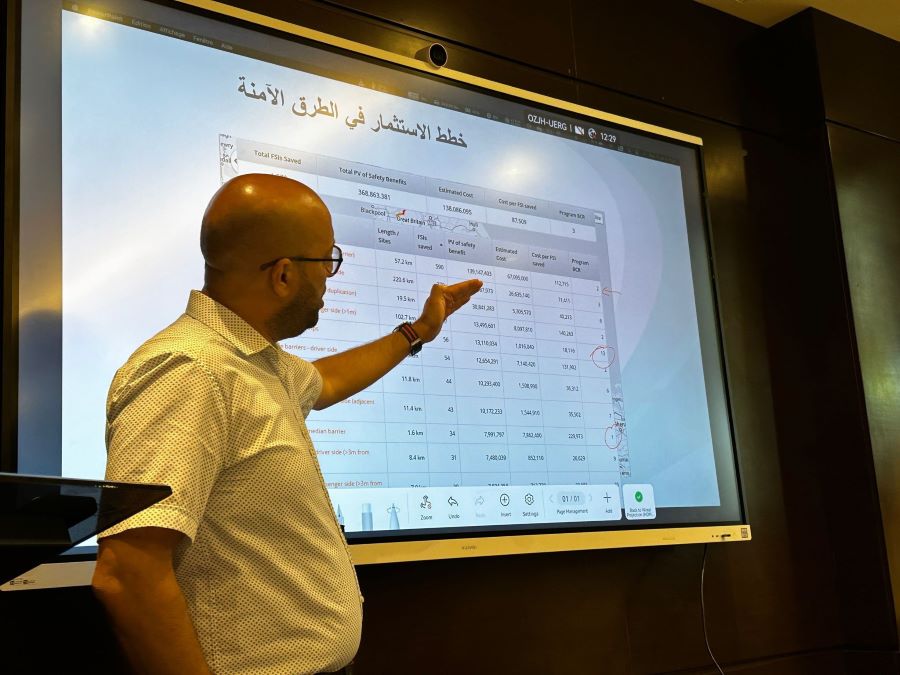
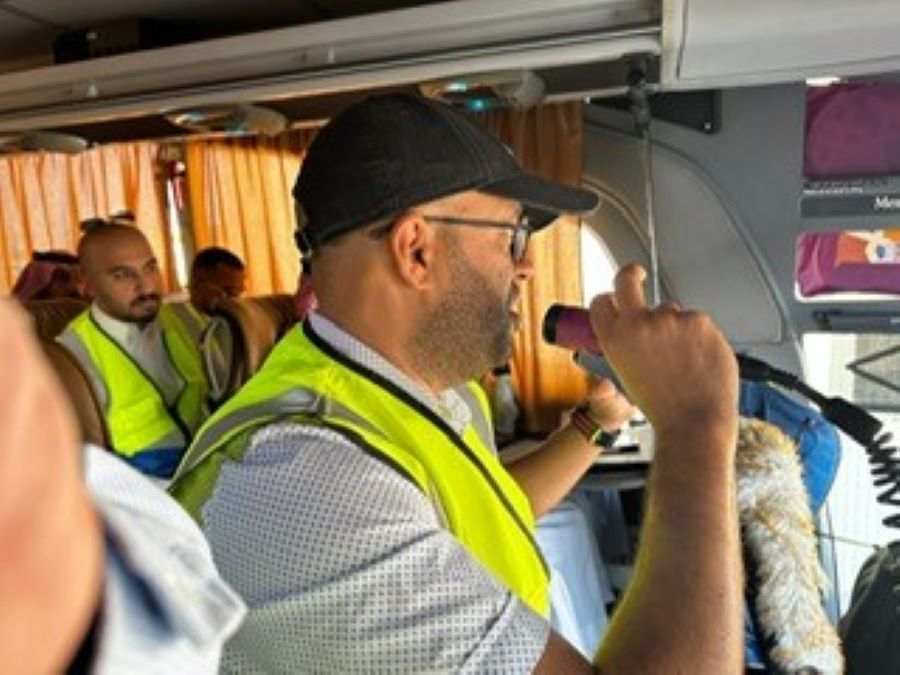
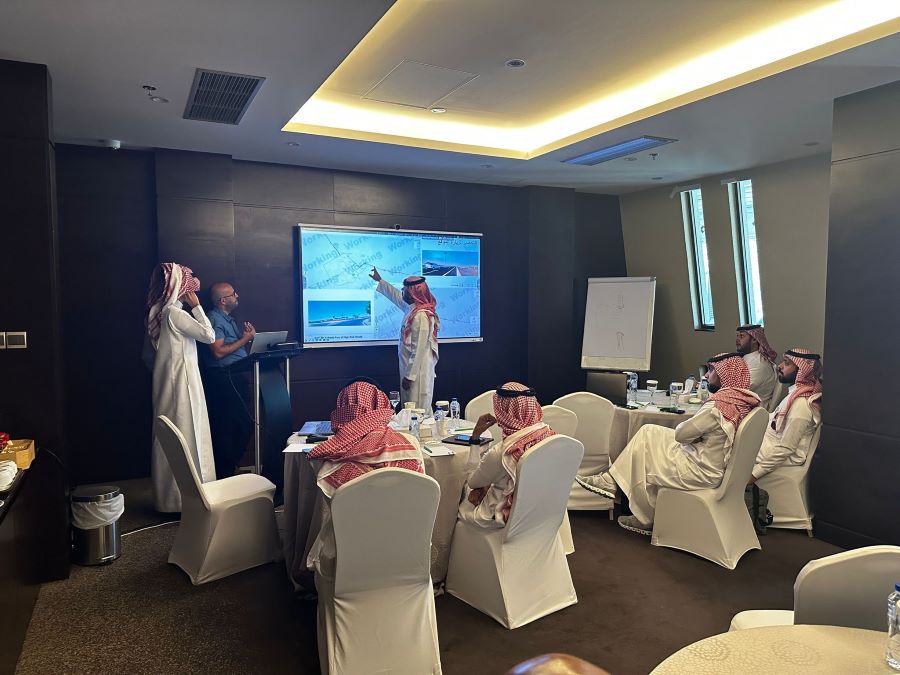
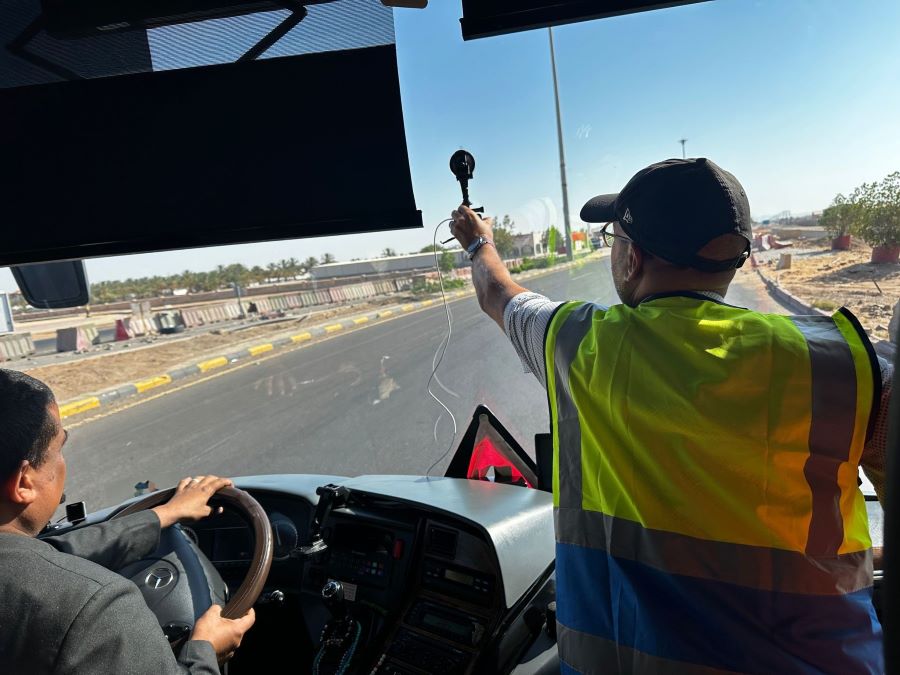
The training includes both interactive classroom training and practical site visits to analyse the safety of local road infrastructure. Image and video credit: Marko Sevrovic
NEOM’s Chief Executive Officer Nadhmi Al-Nasr has previously said, “If we are to solve the challenges of tomorrow, we must face up to them today, no matter how difficult they may seem. At NEOM, we are addressing some of the most pressing challenges facing humanity by bringing together a community of the brightest minds committed to reimagining what a sustainable future will look like in 20 to 30 years, and building it today.”
iRAP Global Projects Director Julio Urzua said, “We are delighted to work with the NEOM team to support their vision for a 5-star city that puts the safety of pedestrians and other road users at the heart of its urban design.”
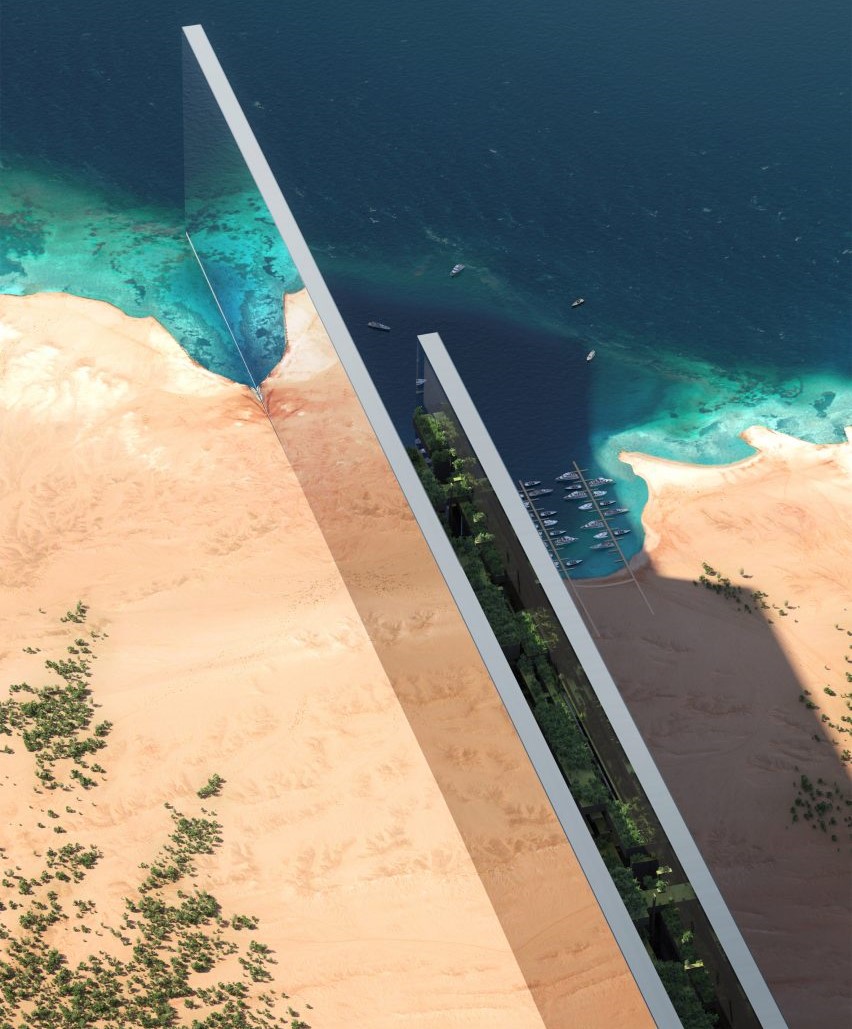

THE LINE is part of the NEOM, an enormous linear megastructure with mirrored cladding that will cover a 170-kilometre stretch across the Saudi Arabian desert. Its linear layout – 500m tall and 200m wide – is intended to prioritise pedestrians and remedy issues faced by modern cities.
The iRAP Strategic Projects team is also currently supporting the world’s largest ever iRAP assessment of 72,000km currently underway in the Kingdom, being led by Euro Group Engineering Consultancy for the Roads General Authority of the Ministry of Transport and Logistic Services.
Saudi Arabia’s 2030 National Road Safety Strategy sets targets for 70 per cent of highways to be 3-star or better by 2022 and 100 per cent by 2030.
Images credit: iRAP and NEOM

